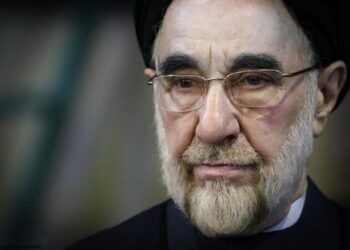The Iranian media, which insist that Washington not only supports the repression of Shiites on Bahrain but also helped plan that repression, did not report that US criticism of Bahrain. The Iranian media also have not reported previous complaints by Washington that Bahrain was pursuing the wrong policies in its response to the disorders that broke out on the island in February.
The United States last week listed 14 countries whose human rights violations it urged be scrutinized by the UN Human Rights Council. Iran was one of the 14. And of the other 13, nine or 70 percent are states Iran considers to be close friends. In fact, they comprised almost all of Iran’s friends.
Those nine close friends of Iran with checkered records are: Belarus, China, Cuba, North Korea, Sri Lanka, Sudan, Syria, Venezuela and Zimbabwe.
The four states named by Washington that Iran is not close to are Bahrain, Libya, Yemen and Myanmar.
The Islamic Republic has also accused Washington of supporting the repression in Yemen, although the US also named Yemen as a human rights violator.
Iranian state propaganda is intent on portraying the United States as opposed to the Arab spring while painting itself as a strong supporter. The Islamic Republic claims, for example, that it was a major supporter of the overthrow of Egyptian President Hosni Mubarak although Washington called for him to resign before Tehran took that position.
Iran has been especially vocal in denouncing Washington for supporting the Bahraini monarchy and for backing the deployment of Saudi troops in Bahrain, even though Washington condemned that deployment from the very first day.
Meanwhile, Egyptian Foreign Minister Nabil Elaraby last week told Iran it must not meddle in the internal affairs of the Arab states on the Persian Gulf. In a television interview, he said he conveyed that view to his Iranian counterpart with “frankness and clarity” when they last met. “For Egypt, the security of the [Persian] Gulf is an inseparable part of the security of Egypt, and the phrase I used was ‘a red line,’” he said.
This week, Elaraby became the secretary general of the Arab League, where he will undoubtedly have much more to say about the Arab view of the Persian Gulf.














